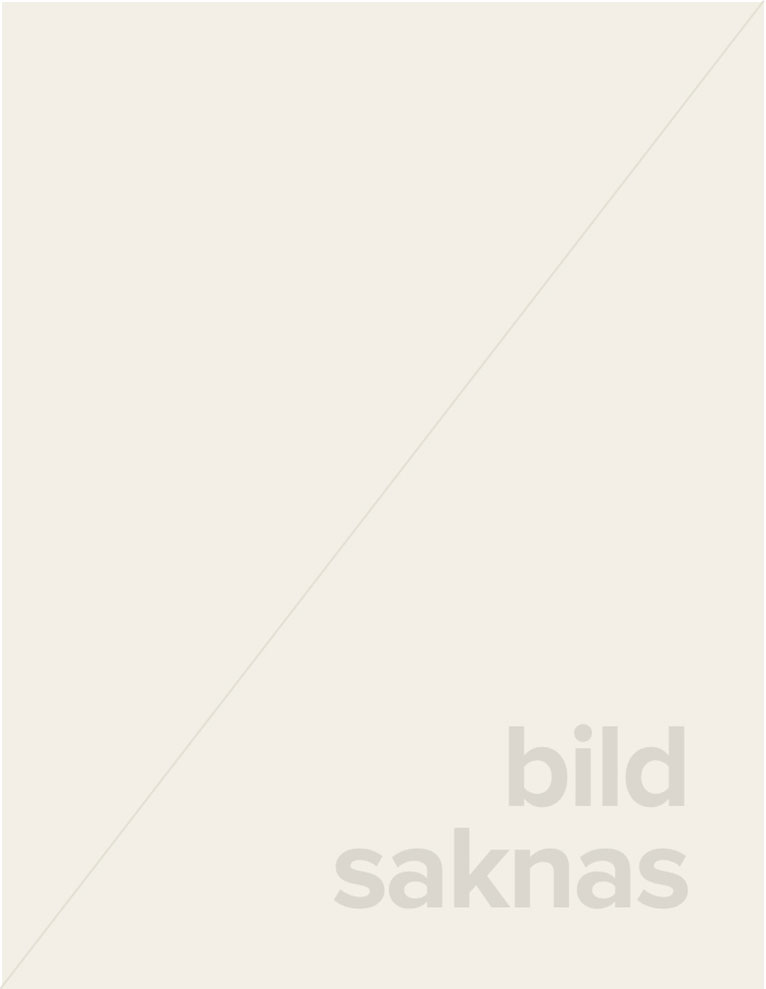Kommande

359:-
Seeks to better understand the nature of corruption through a case study of a rural Brazilian community's response to the country's political fraud. The Elementary Forms of Corruption is an ethnographic history of rural Brazilians' shifting moral imagination in the context of their country's recent corruption scandals and political crises. The book explores how Brazil's cosmopolitan models of corruption, both left-wing and right-wing varieties, found their way to a small sertanejo (hinterland) municipality in the northeast, where people understood corruption very differently. Reckoning with both the leftist Workers' Party, which sought to liberate sertanejos from patron-client relations, and the New Right populists who sought to stamp out the "communists" threatening the patriarchal family, the people of the sertanejo made recourse to older ideas about corruption-such as the betrayal of kinship obligations and communal trust-to decipher and shape national politics. Challenging the discipline's current aversion to generalizable, analytic categories that are useful for comparison across cultures or historical periods, The Elementary Forms of Corruption posits a general framework for understanding corruption at its most elementary level: the degradation of a moral gradient through the transgressive rechanneling of those currencies (e.g., gifts, favors) that sustain communal bonds when properly directed.
- Format: Pocket/Paperback
- ISBN: 9781914363160
- Språk: Engelska
- Antal sidor: 230
- Utgivningsdatum: 2025-08-04
- Förlag: HAU

